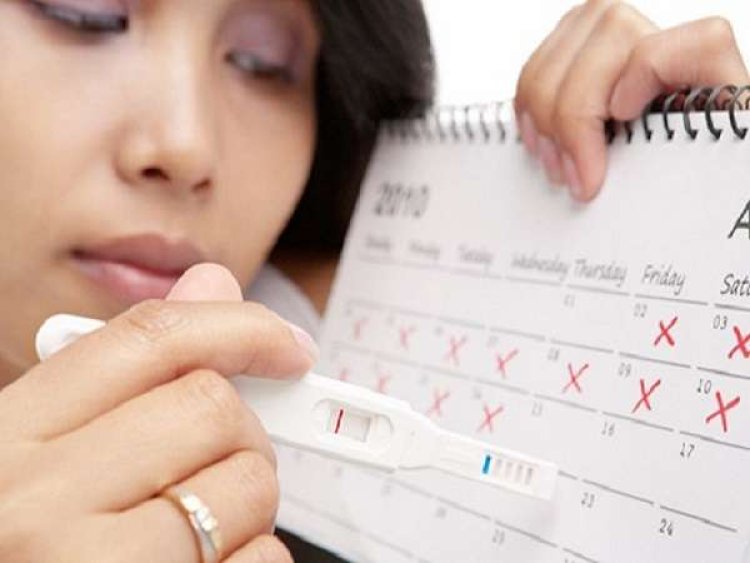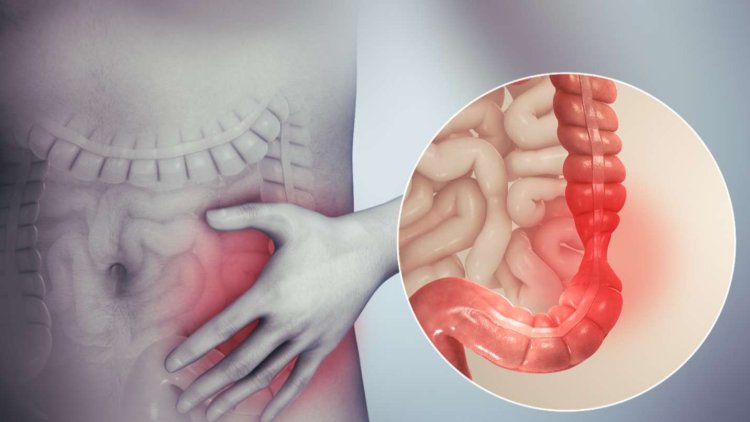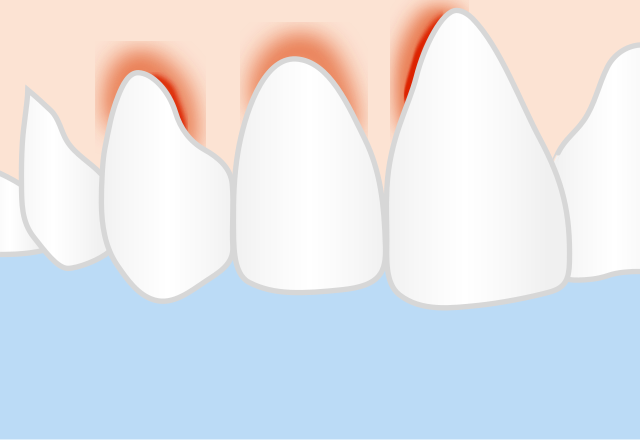Important notes before a general health check
General physical examination aims to assess the overall health status of each person at a time by assessing the function of most of the organs in the body and helping to detect diseases if any.

According to recommendations from the American Heart Association, you should have an annual blood pressure check at the age of 18 and older to screen for high blood pressure. Therefore, 18 will be the right age for you to start getting a checkup. The general examination will help detect and treat early diseases of blood pressure, diabetes, blood fat, hepatitis, ...
For children, it is important to screen for birth defects, nutritional status. Periodic general health check-ups help you get an overview of your current health status. Based on the results of the general examination and tests, the doctor will diagnose, detect the disease early, treat it promptly and accurately, giving a high chance of curing the disease.
In addition, a general medical examination also helps you evaluate and adjust your daily lifestyle, thereby limiting the risks of future disease. Periodic general examination is important for all genders and all ages. It should be done every 6 months or once a year.
1. What does the general health checkup package include?
Depending on the age and gender, the general health check-up package will be tailored to bring the best effect to the patient. Accordingly, a general examination package may include:
- General clinical examination includes: assessment of clinical manifestations of circulatory, respiratory, digestive, renal - urinary - urinary, endocrine, musculoskeletal - joint, nervous systems, mental, eyes, ears - nose - throat, teeth - jaw - face, dermatology. Besides, it is possible to expand the scope of examination to a number of other specialties such as gynecology, andrology, geriatrics, oncology, ... depending on the characteristics and risk factors of each person.
- Blood and urine tests: Some routine blood and urine tests can be mentioned as: blood count 18 parameters, urine 10 parameters, blood sugar (glucose), blood fat (Cholesterol, Triglycerid, LDL). , HDL), kidney function (urea, creatinine), liver enzymes (SGOT, SGPT, GGT), hepatitis B (HBsAg), red blood cells in stool, some cancer markers,...
- Diagnostic imaging: The usual diagnostic imaging is X-ray (many locations such as thoracic spine, cervical spine, lumbar spine, pelvis, ... depending on the characteristics and risk factors of each person). ); Abdominal ultrasound, thyroid ultrasound, breast ultrasound for women, ...
- Functional exploration: Electrocardiogram, electroencephalogram, measuring osteoporosis,... (Depending on risk factors to have an appropriate choice).
2. What does the general examination include?
General health examination is a comprehensive medical examination service for all parts and organs of the body to screen for diseases. Including the following items: general clinical examination, consultation, general testing, imaging, functional exploration.
Specific general examination contents:
- Fitness test, through common parameters: blood pressure, height, weight.
- General internal examination, detecting a number of internal diseases such as cardiovascular, digestive, respiratory, kidney - urological...
- Eye exam, vision test, consultation, prevention and treatment of eye diseases.
- General dental examination, check the status of tooth decay, tartar, gums.
- Ear - Nose - Throat Examination: Endoscopic examination detects chronic sinus, vocal cord, and throat diseases.
- Total blood test analyzed 18 parameters: blood sugar (glucose), kidney function (Urea, Creatinin), liver enzymes (AST, ALT, GGT), blood fat (Cholesterol, Triglycerid, LDL, HDL), blood uric acid (detecting arthritis, gout), hepatitis B virus (HBSAG)...
- Total urinalysis 10 indicators: LEU (white blood cells), Nitrite (NIT), pH, BLD (red blood cells), GLU (Glucose), PRO (protein)...
- Cardiopulmonary X-ray.
- General abdominal ultrasound.
- Prostate ultrasound (men).
- Ultrasound of breasts, uterus, ovaries (women).
It is best for each person to choose a general health check-up package, a list of examinations suitable for age, needs and financial ability.












.jpg/640px-Ripe_bitter_melon_(Momordica_charantia).jpg)


